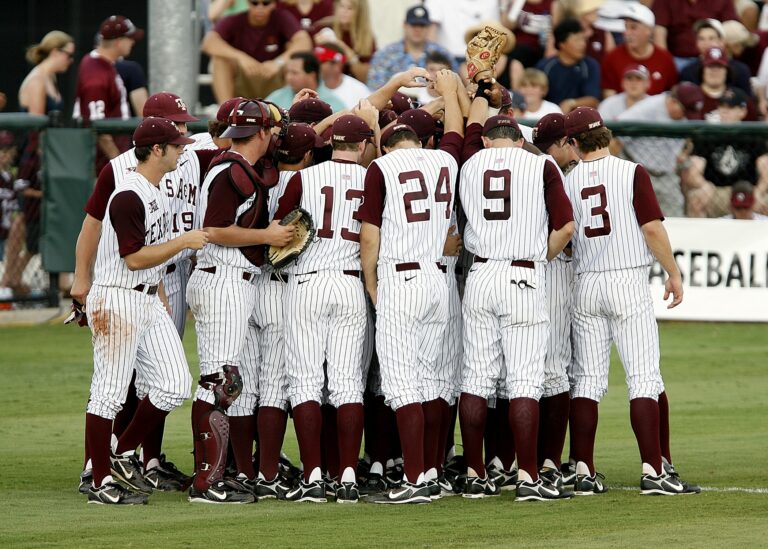
Alex Blutman is a student at Harvard Law School and a member of the Labor and Employment Lab.
Good news has been hard to come by recently in the world of minor league baseball. Just this past week, MLB and its teams were named in another lawsuit, this one a proposed antitrust class action, arguing that the league illegally restrains and depresses the salaries of minor league players. Meanwhile, as the pandemic halted playing seasons, MLB was restructuring the minor league system, leaving municipalities that previously served as homes for 40 minor league teams without any affiliations, putting a strain on employees and sending localities looking for solutions for their abandoned stadiums. That context makes the two feel-good stories from the minor leagues this week even more welcome. Just after Christmas, Michael Gartner, longtime owner of the Iowa Cubs in Des Moines closed on the sale of the team to a global sports and entertainment company. In gratitude for their years of service to the club, and to persuade them to remain employed with the team, Gartner paid all the team’s 23 full-time workers $2,000 for every year they each had worked for the team. Meanwhile, the Tampa Tarpons, the low-A affiliate of the New York Yankees, have hired Rachel Balkovec as their manager, making her the first female manager in affiliated professional baseball. Balkovec is a former softball college catcher who has worked in professional baseball since 2012, most recently as a minor league hitting coach for the Yankees.
At the major league level, MLB made its first proposal to the players union in negotiations over a new collective bargaining agreement since the league’s lockout went into effect on December 2. Among the topics contemplated by the league were changes to the arbitration system for players with two-plus years of service, tweaks to the draft lottery, and a new rule allowing teams to earn draft picks if top prospects find early success in the major leagues. The proposals were met with a lukewarm reception by the players for whom changes to the competitive-balance tax and raising the minimum salary remain top priorities. With pitchers and catchers set to report in mid-February, the standoff raises the specter of a postponed start to spring training.
The NCAA had a tumultuous 2021, and as the calendar shifts to 2022, the collegiate athletic system is poised to undergo further changes. Law360 recently covered the three ways college sports is transforming. First, the NCAA relented to pressure to permit student-athletes to license their name, image, and likenesses for profit without endangering their NCAA eligibility. The move came as a variety of state laws, some already in effect and others on the way, would have legally punished the NCAA for restricting student-athletes from monetizing their publicity rights. As collegiate stars begin to cash in (UConn basketball guard Paige Bueckers could earn nearly $1 million between her deals with Gatorade and StockX), the NCAA continues to push for a federal bill that would regulate collegiate NIL nationwide, but such legislation looks unlikely to emerge from Congress in the near future. Second, in the wake of the Supreme Court’s decision in NCAA v. Alston, which found the organization in violation of antitrust law and expanded the benefits schools could provide to student-athletes, the NCAA has begun to rework its constitution, eyeing a more hands-off approach that would leave most of the regulation of college sports to conferences and schools. Third, the NCAA continues to face a push by athletes to be considered employees and to unionize. In Johnson v. NCAA, student-athletes are pressing FLSA claims, while NLRB General Counsel Jennifer Abruzzo published a memo in September taking the position that student-athletes at private universities should be considered employees under federal labor law. The developments suggest that the NCAA’s long prohibition on “pay-for-play” may be in jeopardy.










Daily News & Commentary
Start your day with our roundup of the latest labor developments. See all
February 13
Sex workers in Nevada fight to become the nation’s first to unionize; industry groups push NLRB to establish a more business-friendly test for independent contractor status; and UFCW launches an anti-AI price setting in grocery store campaign.
February 12
Teamsters sue UPS over buyout program; flight attendants and pilots call for leadership change at American Airlines; and Argentina considers major labor reforms despite forceful opposition.
February 11
Hollywood begins negotiations for a new labor agreement with writers and actors; the EEOC launches an investigation into Nike’s DEI programs and potential discrimination against white workers; and Mayor Mamdani circulates a memo regarding the city’s Economic Development Corporation.
February 10
San Francisco teachers walk out; NLRB reverses course on SpaceX; NYC nurses secure tentative agreements.
February 9
FTC argues DEI is anticompetitive collusion, Supreme Court may decide scope of exception to forced arbitration, NJ pauses ABC test rule.
February 8
The Second Circuit rejects a constitutional challenge to the NLRB, pharmacy and lab technicians join a California healthcare strike, and the EEOC defends a single better-paid worker standard in Equal Pay Act suits.